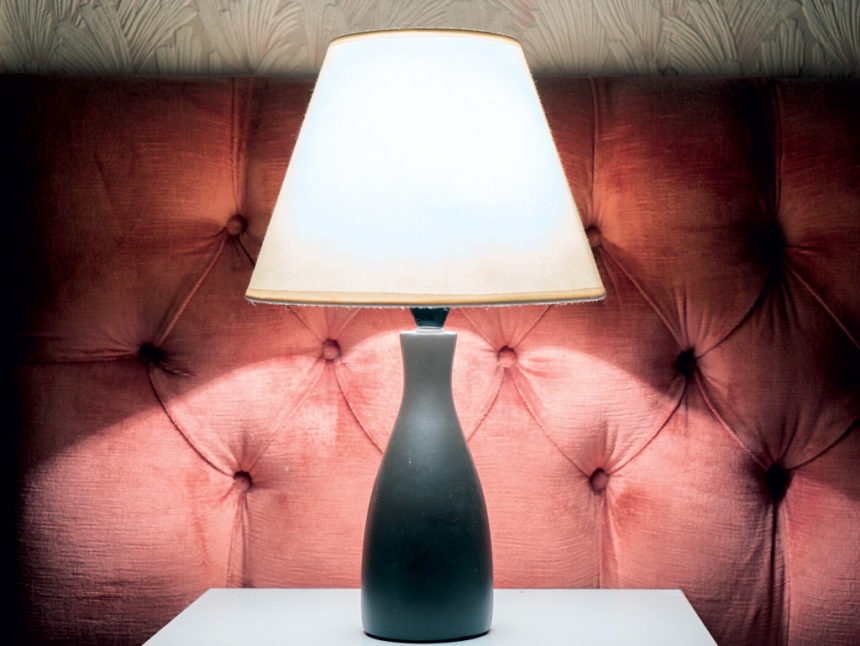
Could synthetic marijuana and bright lights be the next big things in dementia care? New findings revealed at the Alzheimer’s Association’s International Conference in Chicago suggest both soon might be more prevalent in senior living communities.
A synthetic form of tetrahydrocannabinol (which is the active chemical in marijuana) was found to be safe and effective in treating agitation, lack of appetite and other dementia-related symptoms, according to a new study out of the University of Toronto.
“These under-recognized and undertreated symptoms in people with Alzheimer’s and other dementias are often very difficult to live with and challenging to treat,” said Maria Carrillo, Ph.D., the Alzheimer’s Association’s chief science officer. She added that the finding could potentially lead to cannabinoid use in treating agitation in Alzheimer’s disease.
In a separate study released Tuesday, Rensselaer Polytechnic Institute scientists revealed findings on a lighting system that can be used to improve sleep and mood behavior for those with dementia.
Researchers provided residents with bright, blue-white light during the day and dimmer yellow-white light in the evening, as a way to imitate the body’s circadian rhythms. Sleep disturbance, poor mood and agitation were reduced as a result.
The findings could make many senior living operators reconsider their lighting design, said Mariana Figueiro, Ph.D. She directs the institute’ s Lighting Research Center.



